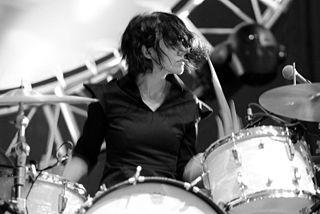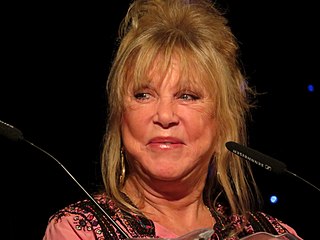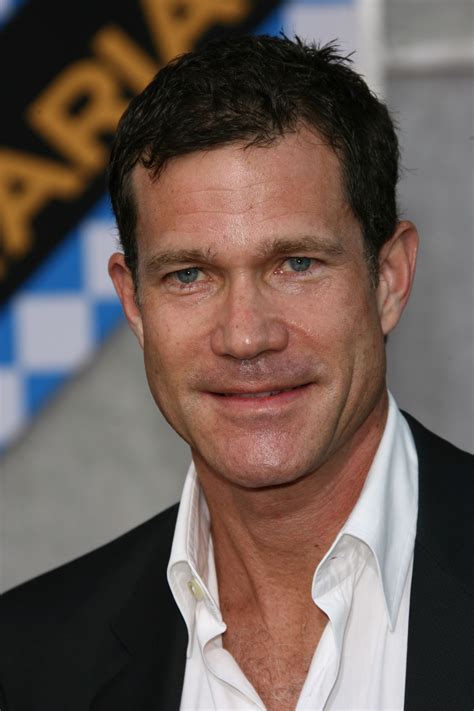A Quote by Carla Azar
I haven't been reading anything on tour so far, I haven't had a minute. Any moment that I've had recently on the tour has been completely sleeping. But before I left home I was reading Dylan Thomas' book of collected works of poetry. I read a lot of poetry.
Related Quotes
I didn't ever consider poetry the province exclusively of English and American literature and I discovered a great amount in reading Polish poetry and other Eastern European poetry and reading Russian poetry and reading Latin American and Spanish poetry and I've always found models in those other poetries of poets who could help me on my path.
There's a sameness about American poetry that I don't
think represents the whole people. It represents a poetry
of the moment, a poetry of evasion, and I have problems
with this. I believe poetry has always been political, long
before poets had to deal with the page and white
space . . . it's natural.
I suppose that it was inevitable that my word-base broadened. I could now for the first time pick up a book and read and now begin to understand what the book was saying. Anyone who has read a great deal can imagine the new world that opened. Let me tell you something: from then until I left that prison, in every free moment I had, if I was not reading in the library, I was reading in my bunk. You couldn’t have gotten me out of my books with a wedge...Months passed without my even thinking about being imprisoned. In fact, up to then, I never had been so truly free in my life.
I do believe that one's writing life needs to be kept separate from Po-Biz. Personally, I deal with this by not attending too many poetry readings, primarily reading dead poets or poems in translation, reading Poets & Writers only once for grant/contest information before I quickly dispose of it, and not reading Poetry Daily. Ever.
I was one of those kids who had books on them. Before weddings, Bar Mitzvahs, funerals and anything else where you're actually meant to not be reading, my family would frisk me and take the book away. If they didn't find it by this point in the procedure, I would be sitting over in that corner completely unnoticed just reading my book.
I was one those kids who had books on them. Before weddings, Bar Mitzvahs, funerals and anything else where you're actually meant to not be reading, my family would frisk me and take the book away. If they didn't find it by this point in the procedure, I would be sitting over in that corner completely unnoticed just reading my book.
The maiden Olympics had more to protest about than mere war, though. Central to its ethos was a rejection of two establishments the political one, certainly, but also that of the wider poetry world itself. It changed poetry for ever in the UK, ... It led to readings all over the country. You suddenly got more women reading and publishing poems, as well as gay guys and poets from all over the world. Until that time, published poetry had been very university-based white, male, middle-class. We were trying to break poetry out of its academic confines.

































